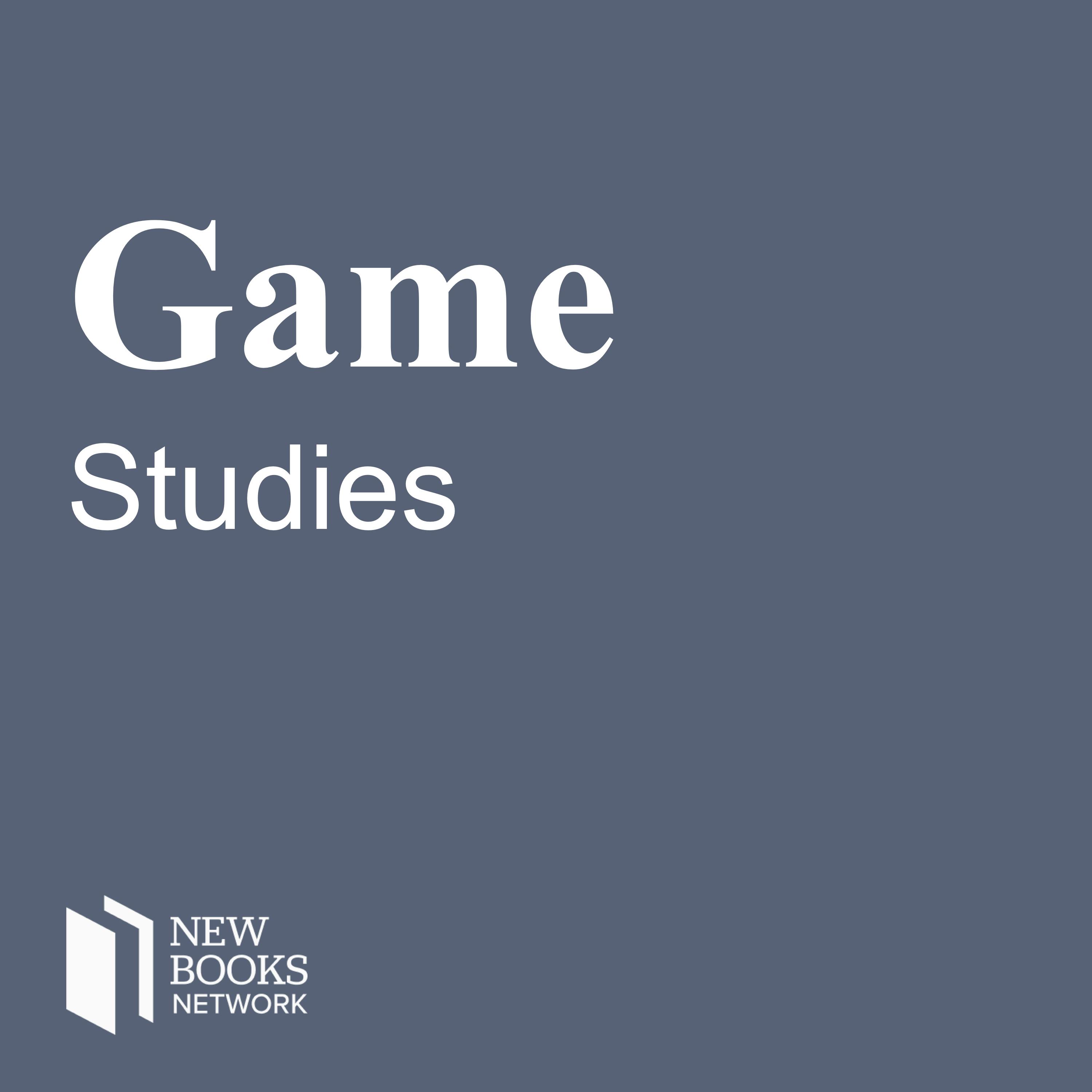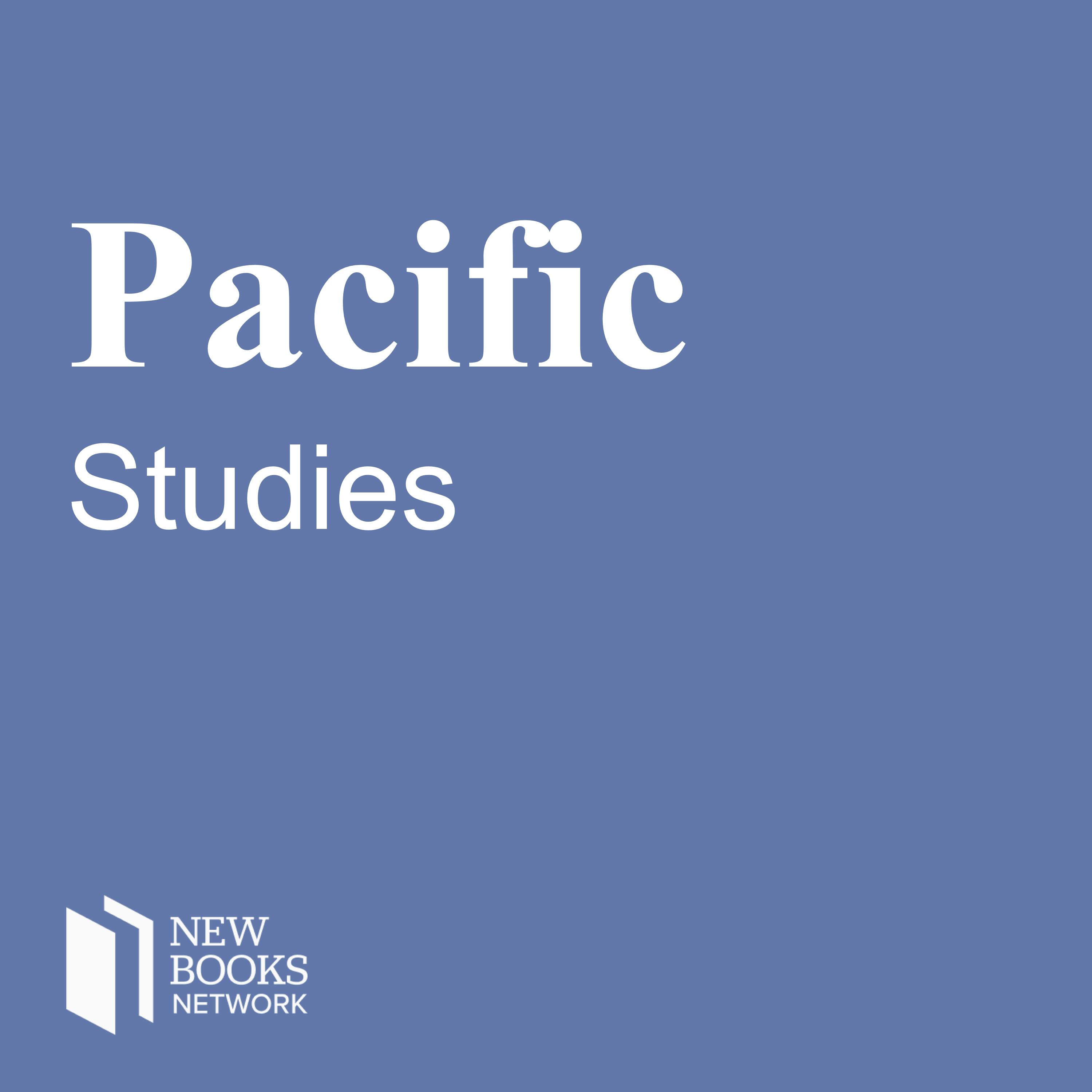An Introduction to the Blue Humanities (Routledge, 2023) is the first textbook to explore the many ways humans engage with water, utilizing literary, cultural, historical, and theoretical connections and ecologies to introduce students to the history and theory of water-centric thinking. Comprised of multinational texts and materials, each chapter will provide readers with a range of primary and secondary sources, offering a fresh look at the major oceanic regions, salt and freshwater geographies, and the physical properties of water that characterize the Blue Humanities. Each chapter engages with carefully-chosen primary texts, including frequently-taught works such as Herman Melville's Moby Dick, Samuel Taylor Coleridge's The Rime of the Ancient Mariner, Homer's The Odyssey, and Luis Vaz de Camões' The Lusiads, to provide the perfect pedagogy for students to develop an understanding of the Blue Humanities chapter by chapter.
Readers will gain insight into new trends in intellectual culture and the long histories of humans thinking with water, ranging across the many coastlines of the World Ocean to Pacific clouds, Mediterranean lakes, Caribbean swamps, Arctic glaciers, Southern Ocean rainstorms, Atlantic groundwater, and Indian Ocean rivers. Providing new avenues for future thinking and investigation of the Blue Humanities, this volume will be ideal for both undergraduate and graduate courses engaging with the environmental humanities and oceanic literature.
Steve Mentz is a Professor of English at St. John’s University in New York City. His academic expertise includes environmental criticism, the blue humanities, Shakespeare studies, early modern European poetry, and critical theory. He has published five single-author books, including Ocean (2020), Break Up the Anthropocene (2019), and Shipwreck Modernity (2015). He has edited or co-edited six other volumes, published many chapters and articles in scholarly journals and collections, and organized exhibitions and symposia on blue humanities topics. His research has been funded by the Rachel Carson Center in Munich, the National Endowment for the Humanities, the Folger Shakespeare Library, the John Carter Brown Library, the National Maritime Museum in London, and other institutions. He received his Ph.D. in English from Yale University in 2000.
Scott T. Erich is a doctoral candidate in the Department of Anthropology at the Graduate Center, CUNY. His dissertation, "Taming the Sea: Property, Rights, and the Extractive Seascape of Southeastern Arabia," is an ethnographic and historical examination of how fishermen, local rulers, colonial officials, and private companies claim rights to oceanic “territory” and extract marine natural resources – including pearls, fish, sponges, and oil – from the Persian Gulf and Gulf of Oman. He is a recipient of the Fulbright-Hays Doctoral Dissertation Research Award and the Wenner-Gren Foundation Dissertation Fieldwork Grant. Previously, Scott was a Visiting Scholar at the American University of Sharjah, U.A.E., and a Fellow with the Institute of Current World Affairs in Muscat, Oman. He has worked at the University of Chicago, the Middle East Institute, and the Sultan Qaboos Cultural Center. Currently, he is an adjunct lecturer in the Department of Sociology & Anthropology at Baruch College, and a Community Reef Ambassador with the Billion Oyster Project.
Ahmed Yaqoub AlMaazmi is a Ph.D. candidate at Princeton University, Near Eastern Studies Department. His research focuses on the intersection of law, the occult sciences, and the environment across the western Indian Ocean. He can be reached by email at
[email protected] or on Twitter @Ahmed_Yaqoub. Listeners’ feedback, questions, and book suggestions are most welcome.
Learn more about your ad choices. Visit megaphone.fm/adchoices
















































